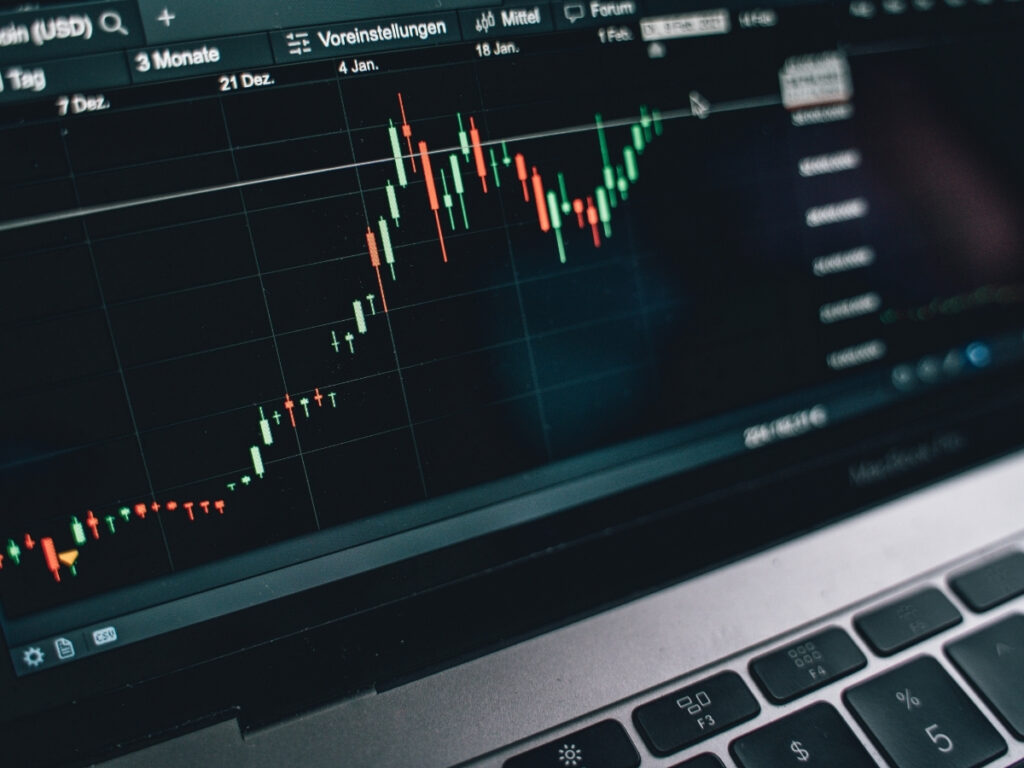Introduction
Cryptocurrency has emerged as a revolutionary force in the financial world, offering decentralized, secure, and efficient means of transaction. While it brings numerous advantages, it also presents challenges that need careful consideration. Among the myriad of blockchain platforms, Sidra Chain stands out by aligning technological innovation with Islamic financial principles, providing a unique perspective on ethical finance.
Understanding Cryptocurrency
Cryptocurrency is a digital or virtual currency that uses cryptography for security and operates independently of a central authority. Bitcoin, introduced in 2009, was the first cryptocurrency, and since then, thousands have been developed, each with unique features and applications.
Advantages of Cryptocurrency
1. Decentralization
Cryptocurrencies operate on decentralized networks using blockchain technology, eliminating the need for intermediaries like banks. This decentralization enhances transparency and reduces the risk of centralized control.(Sidra chain)
2. Security and Transparency
Blockchain’s immutable ledger ensures that all transactions are recorded and cannot be altered, providing a high level of security and transparency. Users can verify transactions independently, fostering trust in the system.
3. Lower Transaction Costs
Traditional financial systems often involve fees for transactions, especially cross-border ones. Cryptocurrencies can significantly reduce these costs by removing intermediaries and streamlining the process.
4. Financial Inclusion
Cryptocurrencies can provide financial services to unbanked or underbanked populations, offering them access to global financial systems through internet connectivity.
Challenges and Risks of Cryptocurrency
1. Volatility
Cryptocurrency markets are known for their price volatility, which can lead to significant financial losses for investors and users.
2. Regulatory Uncertainty
The lack of consistent regulatory frameworks across countries creates uncertainty, potentially hindering adoption and innovation in the cryptocurrency space.
3. Security Concerns
While blockchain is secure, the broader ecosystem, including exchanges and wallets, can be vulnerable to hacks and fraud, posing risks to users’ assets.
4. Environmental Impact
Some cryptocurrencies, like Bitcoin, require substantial energy for mining, raising concerns about their environmental footprint.(odooblog)
Sidra Chain: Integrating Ethical Principles with Blockchain
Sidra Chain is a decentralized blockchain network launched in 2022, designed to facilitate financial transactions that comply with Islamic financial principles (Shariah). It became operational in October 2023, offering a platform that combines technological innovation with ethical finance.(Bitrue)
Shariah Compliance
Sidra Chain ensures that all transactions adhere to Islamic finance laws, prohibiting interest (riba), excessive uncertainty (gharar), and investments in haram industries such as alcohol and gambling. This compliance is embedded in its smart contracts and financial instruments, providing a trustworthy platform for ethical financial activities.(Bitrue)
Decentralized Architecture
Built on a peer-to-peer architecture, Sidra Chain eliminates the need for centralized intermediaries, enabling faster, more transparent, and cost-effective financial transactions. This structure enhances user autonomy and aligns with the decentralized ethos of blockchain technology.(Bitrue)
Smart Contract Functionality
Sidra Chain supports programmable smart contracts that automate and enforce financial agreements while maintaining strict adherence to Shariah compliance. These self-executing contracts enhance transparency and significantly reduce the risk of fraud.(Bitrue)
Shariah-Compliant Financial Instruments
The platform supports a range of Islamic financial products, including Sukuk (Islamic bonds), Murabaha (cost-plus financing), and Zakat (charitable giving) allocations. These instruments offer ethical investment and financing alternatives that cater to the values of Muslim investors and institutions.(Bitrue)
Mobile Accessibility and Mining
Sidra Chain allows users to mine its native token, SDA, via a mobile application after completing Know Your Customer (KYC) verification. This approach democratizes access to mining, making it more inclusive and accessible, especially in developing regions.(Bitrue)
Financial Inclusion for the Underserved
By offering a mobile-first, ethical blockchain solution, Sidra Chain aims to bring financial services to unbanked and underbanked populations, particularly in Muslim-majority countries where traditional Islamic banking is in high demand.(Bitrue)
Transparency and Security
All transactions conducted on Sidra Chain are permanently recorded on a public ledger, ensuring end-to-end traceability and compliance auditing. This transparency reinforces the ethical standards required in Islamic finance.(Bitrue)
Practical Applications of Sidra Chain
Cross-Border Payments
Sidra Chain enables low-cost, near-instant international transactions, bypassing traditional banking intermediaries and their associated fees and delays. This feature is ideal for remittances and global trade in compliance with Shariah law.(Bitrue)
Halal Supply Chain Management
The blockchain can track and validate every step in halal supply chains, from production to delivery, ensuring that goods meet Islamic standards. This capability offers greater trust for businesses and consumers alike.(Bitrue)
Shariah-Compliant Fundraising Platforms
Businesses and entrepreneurs can raise funds on Sidra Chain using Islamic-compliant structures, including equity-based models without interest-bearing debt. This approach provides investors with confidence in both returns and ethics.(Bitrue)
Digital Islamic Banking via Sidra Bank
Sidra Bank, an integral application built on Sidra Chain, offers fully digital banking services featuring low transaction fees and a range of Islamic financial products. It aims to modernize Islamic banking while maintaining full compliance with religious laws.(Bitrue)
Conclusion
Cryptocurrency presents a transformative opportunity in the financial sector, offering benefits such as decentralization, security, and financial inclusion. However, it also brings challenges that require careful navigation. Sidra Chain exemplifies how blockchain technology can be harnessed to align with ethical and religious principles, providing a platform for Shariah-compliant financial transactions. By integrating Islamic finance principles into its core operations, Sidra Chain not only addresses the needs of Muslim investors but also sets a precedent for ethical finance in the digital age.

